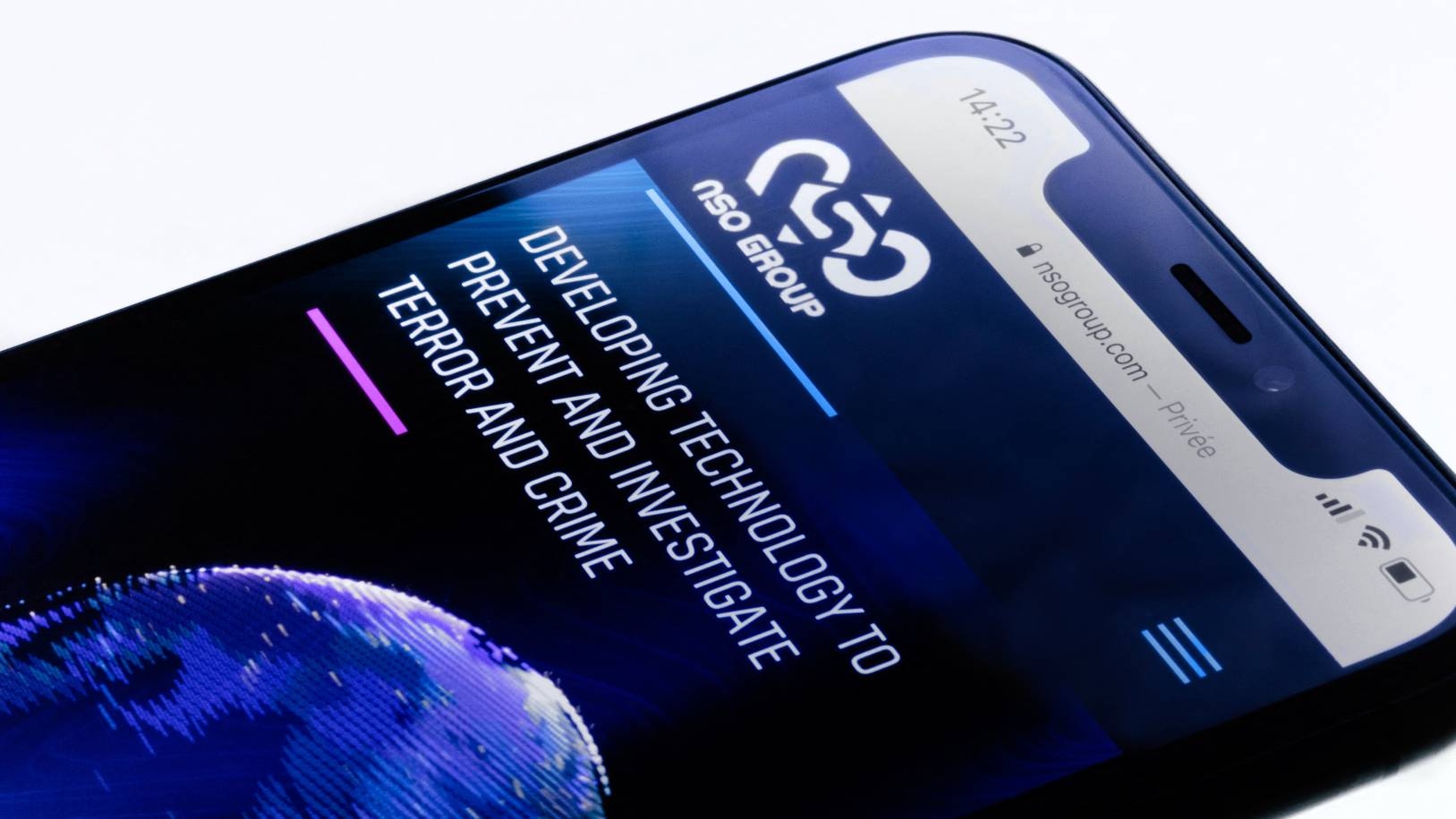US: Appeals court rules WhatsApp can sue Israeli firm NSO Group

A United States federal appeals court has ruled that the WhatsApp messaging service can move forward with a lawsuit against Israeli surveillance software firm NSO Group, rejecting its claim of foreign sovereign immunity in the court case.
A three-judge panel on the Ninth Circuit Court of Appeals issued a decision on Monday to allow WhatsApp's lawsuit to proceed at a lower-level court, stressing that the NSO Group does not qualify for sovereign immunity even if its clients are foreign government agencies.
"NSO claims that it should enjoy the immunity extended to sovereigns because it provides technology used for law-enforcement purposes and law enforcement is an inherently sovereign function," Judge Danielle Forrest wrote in the ruling.
"Whatever NSO's government customers do with its technology and services does not render NSO an 'agency or instrumentality of a foreign state'.
"Thus, NSO is not entitled to the protection of foreign sovereign immunity. And that is the end of our task."
Facebook, which recently changed its name to Meta and owns WhatsApp, first sued NSO Group in 2019 over the alleged targeting of its servers in California with malware to infect approximately 1,400 "target devices" with malicious spyware that could be used to steal WhatsApp users' information.
In its legal filing, WhatsApp accused the Israeli firm of violating its terms and services, as well as US state and federal law.
Will Cathcart, the head of WhatsApp, welcomed the decision on Monday, calling it "an important step in holding NSO accountable for its attacks against journalists, human rights defenders and government leaders".
The case, which will now continue again at the district level, will now be able to move on to discovery, which may reveal further details about the firm's technology as well as spying operations that use NSO's software.
Renewed scrutiny over Pegasus
The Israeli spyware firm has sparked outrage from rights groups, technology companies, and US lawmakers after an investigation by international media outlets revealed its Pegasus spyware was used by security forces and authoritarian governments in several countries, including Morocco, Saudi Arabia, and the United Arab Emirates.
The investigation found that thousands of phone numbers may have been compromised by Pegasus, which gives the hackers access to the phone's content as well as the ability to stealthily activate its camera and microphone. Potential targets included journalists, human rights defenders and government officials.
The court's decision also comes amid renewed scrutiny of NSO Group's activities, with the Biden administration issuing sanctions on the firm last week after saying its activities are contrary to US foreign policy and national security interests.
The Israeli company has dismissed the criticism, stressing that its products are used to target criminals and "terrorists". It also promised to fight the Biden administration's move.
Two Israeli officials told The New York Times that Israel is planning to lobby Washington to remove the blacklisting of the NSO Group, which they said was a key element of the country's foreign policy.
Earlier on Monday, Dublin-based Frontline Defenders revealed that NSO's Pegasus spyware was detected on the phones of six Palestinian human rights activists, four of whom are affiliated with civil society groups recently blacklisted by Israel as "terrorist organisations".
The NSO Group did not respond to Middle East Eye's request for comment by the time of publication.
Middle East Eye delivers independent and unrivalled coverage and analysis of the Middle East, North Africa and beyond. To learn more about republishing this content and the associated fees, please fill out this form. More about MEE can be found here.





